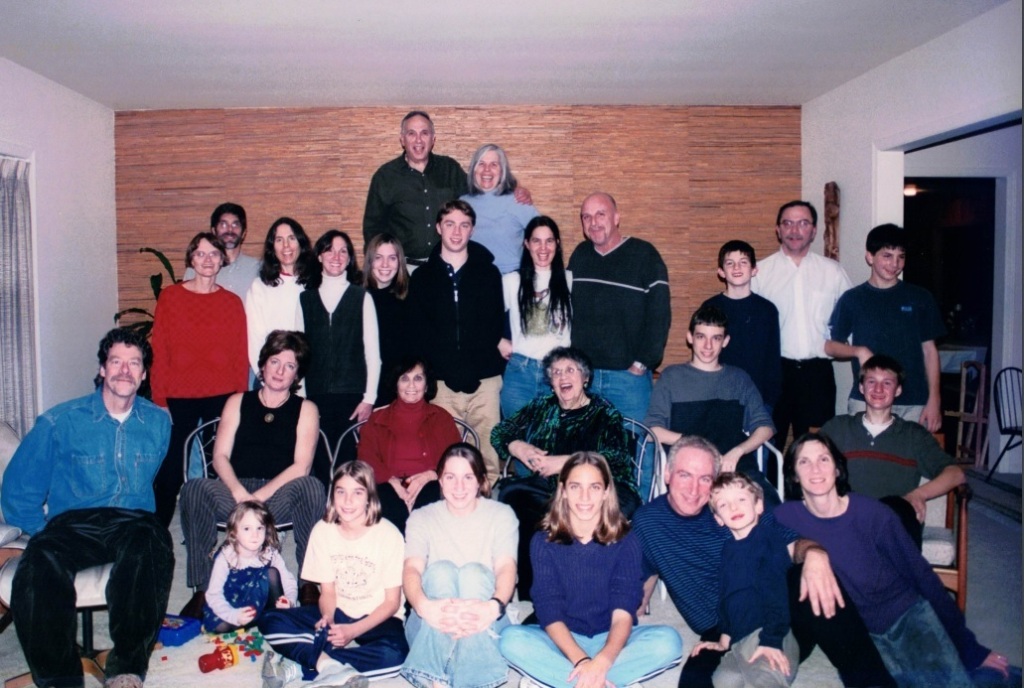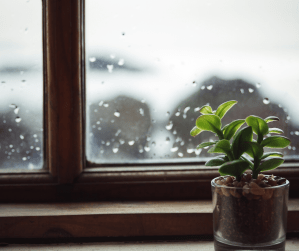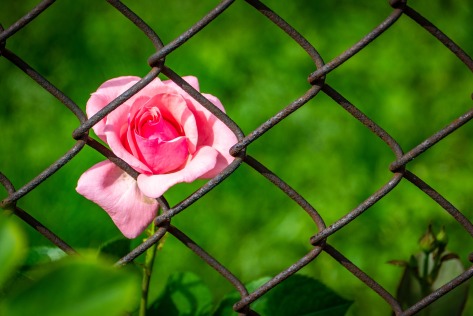1
For me, solitary confinement began on March 20th, 2020. That is almost two years ago. March 20th was the time we really began to absorb the fact that we were in a worldwide crisis. A new and strange virus was circulating in the world, people were dying everywhere, particularly people over sixty.
My apartment was the best place for me. I had all my things, I could write, I could be involved in the HILR and Temple programs on zoom. And this could not last forever. We were wrong. It is now January 2022 and we really don’t know how long it will last. The second variant has evolved and who knows if there will be a third or a fourth or even a fifth, ad infinitum.
I heard on the news today that a new variant, a third, is appearing in Europe.
On one level, you get used to it. At least I did. I am not depressed. But there is a melancholy I feel, I am at the later stages of life. Do I have any power or control over what I wanted this last stage of life to be? Does anyone?
In 2021, two new babies were born into our family–Noah and Killian. But their parents, my grandchildren, are careful, rightfully so. But how do I feel? Estranged in a very deep and personal way. I have seen both. Noah several times and Killian once. I can’t go to their homes, see their weekly changes and growth and rejoice in the longevity I have and the expansion of my family from four of us, my three children, and me to, now, almost twenty. I respect my grandchildren for the protection of their families, their newborn babies. But I miss the old way. Will it ever go back to normal?
2
Besides my family and me, there is the rest of America and the rest of the world. Will we recover? What price will we pay for this long siege? What price will I pay?
My food habits have almost gone berserk. I ate three popsicles yesterday. Today, I will try and limit myself to two. Two months ago, I lost eleven pounds, I had some kind of illness. Two weeks later I gained back the eleven pounds and now again, I need to watch what I eat. Solitary confinement is a great setting for eating all the wrong things, not doing my exercises, and taking my daily shower at three in the afternoon instead of in the morning.
When I was young with three small children, I was often at home for several days. One or more of the children was ill and I was the mother, nurse, maid, and wife. The good wife that I was, I picked up the toys before Charly came home. After a long day’s work, it was better to come to a neat home with quiet children and no toys all over the living and dining rooms. That was a difficult time for me, but I never thought of it as solitary confinement but it was in a way.
Yesterday it snowed all day. Today I dressed warmly, put on all the right clothes including boots, and went out for a walk. Oh, to breathe that nice clear air. But the streets were dangerous, places I had to walk carefully because they had not cleaned the snow and they were very slippery. Back home to solitary confinement.
3
I watched the Australian tennis final this morning, I love Nadal. I have watched him since he was a young player, nineteen I think, with a long ponytail. My son watched it at 3:30 a.m. and he told me the results. Everyone thinks that is crazy but I love watching tennis. I don’t need the tension to appreciate it.
I took several literature courses with Bob Steinberg at HILR. He died several years ago. At the first session of one of his courses, he showed us how he always read the last few pages first. And I have learned to do that too, it allows me the freedom to enjoy what I am reading without unnecessary tension.
So here I am in solitary confinement rambling on about lots of things that may have nothing to do with being so alone. But then, what does someone do in this kind of setting. How do people in jail sustain the experience, some for years? Do they ramble on? What do they write on? They surely don’t have computers.
new-born babies. But I miss the old way. Will it ever go back to normal?
4
Besides my family and me, there is the rest of America, and the rest of the world. Will we recover? What price will we pay for this long siege? What price will I pay?
My food habits have almost gone berserk. I ate three popsicles yesterday. Today, I will try and limit myself to two. Two months ago, I lost eleven pounds, I had some kind of illness. Two weeks later I gained back the eleven pounds and now again, I need to watch what I eat. Solitary confinement is a great setting for eating all the wrong things, not doing my exercises, and taking my daily shower at three in the afternoon instead of in the morning.
When I was young with three small children, I was often at home for several days. One or more of the children was ill and I was the mother, nurse, maid, and wife. The good wife that I was, I picked up the toys before Charly came home. After a long day’s work, it was better to come to a neat home with quiet children and no toys all over the living and dining rooms. That was a difficult time for me, but I never thought of it as solitary confinement but it was in a way.
Yesterday it snowed all day. Today I dressed warmly, put on all the right clothes including boots, and went out for a walk. Oh, to breathe that nice clear air. But the streets were dangerous, places I had to walk carefully because they had not cleaned the snow and they were very slippery. Back home to solitary confinement.
5
I watched the Australian tennis final this morning, I love Nadal. I have watched him since he was a young player, nineteen I think, with a long ponytail. My son watched it at 3:30 a.m. and he told me the results. Everyone thinks that is crazy but I love watching tennis. I don’t need the tension to appreciate it.
I took several literature courses with Bob Steinberg at HILR. He died several years ago. At the first session of one of his courses, he showed us how he always read the last few pages first. And I have learned to do that too, it allows me the freedom to enjoy what I am reading without unnecessary tension.
So here I am in solitary confinement rambling on about lots of things that may have nothing to do with being so alone. But then, what does someone do in this kind of setting. How do people in jail sustain the experience, some for years? Do they ramble on? What do they write on? They surely don’t have computers.
Charly, my ex-husband, once had an internship in a jail and they had a visiting day. I went. I know people live in jails, but seeing the jail and the bars and the people in it is another experience. How do they do it? People watching everything they do. And they do it for years. And what about the people in solitary confinement. They often cannot even see outside their cell. How do they manage?
I am having trouble managing my solitary confinement in a beautiful apartment in a lovely building in Brookline. Yesterday I watched the snow falling and it was surreal. Do they ever see snow from their captivity in jails and solitary confinement?

















